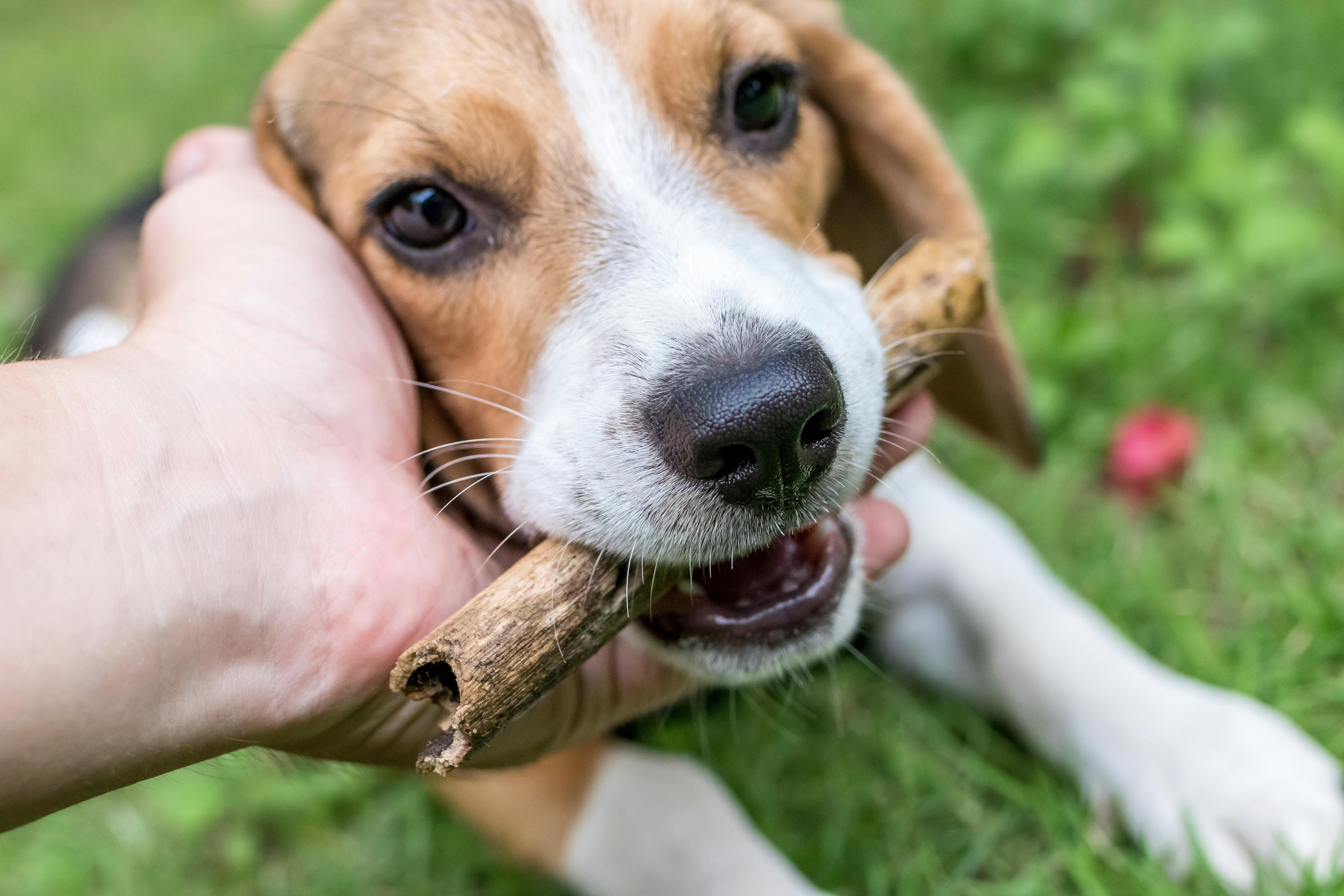Choosing a parrot for you
There are several things to consider when choosing your feathered friend.
The top 7 things to consider are:
1. What other pets do you currently have?
2. How much space do you have in your home?
3. How much are you willing to spend for your bird?
4. Can you spend enough time with your companion?
5. How much noise can you or your family members tolerate?
6. Do you have children?
7. Do you live in an apartment where pets are not allowed?
Let’s answer the first question, first. What other pets do you currently have? Obviously, birds and cats are not a good combination, although I have seen some cases where a large scarlet macaw defended itself from a prowling feline. I still would not recommend a parrot with cats at home. As for dogs and parrots, it depends on the dog and the bird. If the dog and parrot are raised together when they are very young, they are likely to get along. My blue and gold macaw was 3 years old when we brought home a 4 month old golden retriever. After 10 years they still get along. Despite how playful my dog is, he respects the parrot. A few years ago I had my macaw on the carpet walking through the living room until our retriever came up to her. The macaw started and bit the dog on the nose; the dog backed off 5 feet, barked and ran away. It was the funniest thing I have ever seen. In any case, that was the end of it. Always use your judgment; If you have a dog that is unruly, it may be a bad idea to leave him alone with the bird.
Second question. How much space do you have in your house? It should have enough space to accommodate not only your bird, but its cage as well. If you are a homeowner and have enough room for a large standing cage, then by all means, go find a large parrot. Some large species such as macaws, cockatoos, amazons and African grays, make excellent companions. If you live in a small apartment, consider cockatoos, parakeets, lovebirds, conures, and Quakers.
Third question. How much are you willing to spend for your bird? Large, exotic parrots have a high price. Hand-fed blue and gold and scarlet macaws retail for around $ 2000-3000 at pet stores. African grays and cockatoos average $ 2000-2500. Amazons cost between $ 1,000 and $ 2,000. Recently, we’ve seen a beautiful hand-fed hyacinth macaw that sells for over $ 11,000 at a New York parrot store. You must understand that hyacinth macaws are very rare. You will need a lot of room for a hyacinth. Conures and Quakers cost around $ 500-700. Hand-fed cockatoos will sell for around $ 150. Hand-fed baby birds may cost you more, but they will make better pets since they are used to being fed by humans.
Fourth question. Can you spend enough time with your companion? Parrots are very social animals. In nature they are very close to each other. You should be able to dedicate at least 30 minutes a day of quality time for your bird.
Fifth question. How much noise can you or your family members tolerate? Large parrots like macaws and cockatoos can be quite vocal if ignored. Smaller parrots (cockatoos and parakeets) will make less noise.
Sixth question. He has children? If you have young children, you need to make sure that they do not mishandle the bird. Introduce your kids to the bird and show them the correct way to handle it. Let them know that birds are very delicate creatures.
Seventh and final question. Do you live in an apartment where pets are not allowed? If you live in an apartment where pets are not allowed, you may still be able to have a small parrot. Ask the landlord if you can keep a quiet little bird in your apartment. Parakeets and cockatoos are a great option for apartment dwellers.
If you find this article helpful, please plug it in!

Leave a Reply